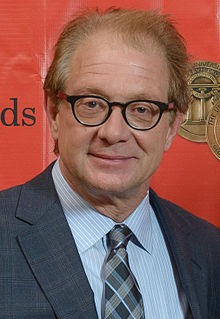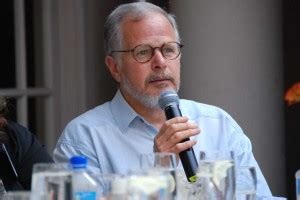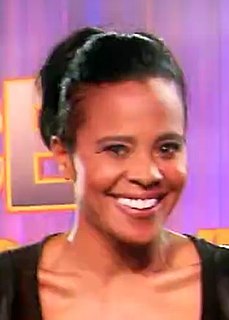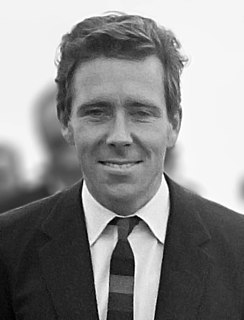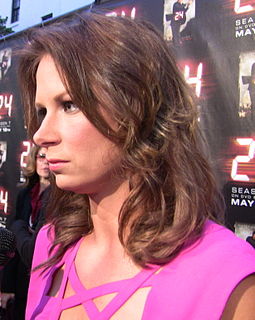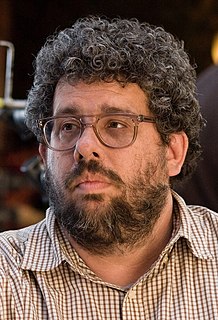A Quote by Jeff Perry
During 'Anna Christie,' the biggest challenge I had was working with my daughter and sort of not stopping and asking an audience member for a camera to record the moment.
Related Quotes
I like working on one - camera. This is not false modesty, but I don't think I'm very good at three - camera. And it's not that I'm nervous, but I just sort of feel like my collar is too small, or my clothes don't fit. I don't understand what that is. And I don't understand the format: There's an audience in front of you that you're playing to, but there are also these cameras.
The biggest challenge for me, as an actor, is to be informed, prepared and focused, at the same time. I had to just keep on working, prepping, reading and imagining, all the way through, but the biggest challenge is always to let go of all that and just be open to others. That's what we do, as actor. We play with each other and we stimulate each other, and we have to be prepared to be stimulated by the other. That's always my big challenge.
People probably long for something genuinely personal in a society where the personal is often indistinguishable from the "personalized." Maybe the poetry audience member is searching for his or her own "personal space" and they expect the poet to be a sort of avatar of the private life. But that sort of representation is distasteful to me. Asking a poet to represent the personal life is, paradoxically, to turn the poet into something other than a person.
For me, what was important was to record everything I saw around me, and to do this as methodically as possible. In these circumstances a good photograph is a picture that comes as close as possible to reality. But the camera never manages to record what your eyes see, or what you feel at the moment. The camera always creates a new reality.
Back in the early days like for the Temptations, Supremes and Four Tops, artist development was alive in record companies. Every artist had a moment to develop the record visually. When the web took over and camera phones, it stripped the artists of the power to figure it out. So there's a need to bridge that gap and that's my job.
I think a bigger difference with social media is going to be things like the impact Instagram will have for historians. For the longest time, we had no images of the past. And then when we had the advent of the camera, we had a record of the things people chose to photograph, which, for a while, were portraits of your family, a new building we built, or a really big horse. Well now we have images of everything. That will be the biggest difference I think - that we will have a visual record of this reality in a way that will be completely covered.
The biggest challenge is to convince a woman that it's not her fault. My daughter is 25; my stepdaughter is 22. As a mother, I want them to know that if a boyfriend is abusive, you cannot ignore it ?- 'Oh, he's been drinking,' or 'He had a bad day.' There is no excuse for a man hitting a woman. Ever.
